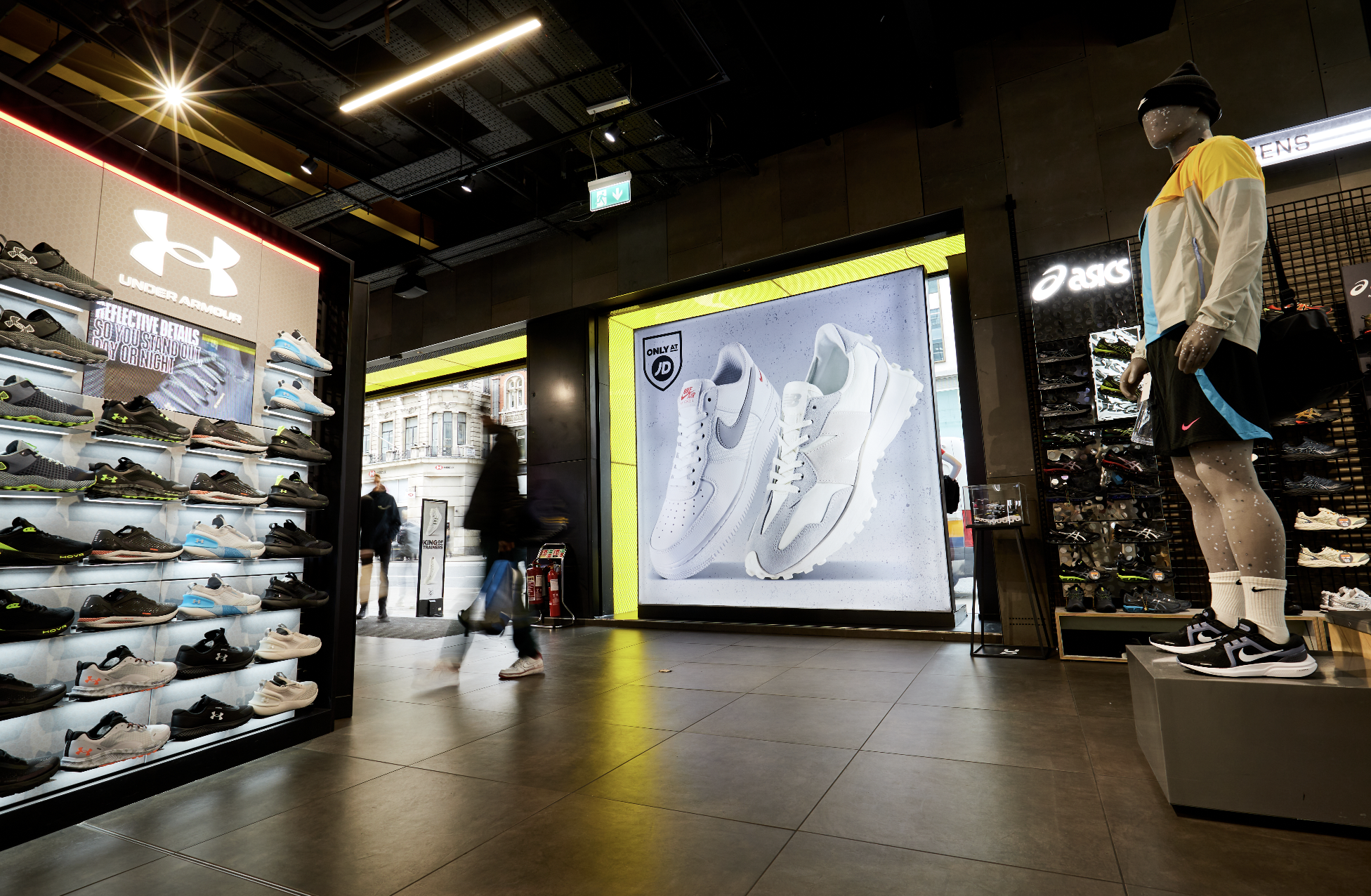The head of global communications and marketing at Google Deepmind has described artificial general intelligence (AGI) as the next frontier after generative AI (GenAI.)
Artificial general intelligence (AGI) is a hypothetical type of AI that would possess the ability to perform any intellectual task that a human can.
At the Retail Technology Show in London, the former Facebook and SpaceX executive said that AGI would be much more sophisticated than current versions of AI and that a “societal conversation” about the technology would be necessary.
GenAI in retail
Talking about existing use cases of GenAI in the retail space, the Google exec said that he is most excited about the use of the technology in product design, speeding up the creative process, and marketing.
He also pointed to a use case by Home Depot which is using an AI-powered app to help its store associates with inventory management and US retailer Best Buy which is building a virtual troubleshooting bot sophisticated enough to identify product issues with Google’s latest Gemini model.
Hunter-Torricke, who has previously advised Mark Zuckerberg and Elon Musk, went on to say that Gemini is the first foundation model built to be multi-modal.
He explained that AI can now understand and reason across different modalities and that there are opportunities to create compelling content across image, video, and other modes, as well as build apps and services at a speedy pace.
“No application is a silver bullet,” he explained, adding that building different applications is where retailers and other companies can develop a more holistic approach.
Taxing the machines
The Google executive described suggestions of a robot tax– something backed by tech billionaire Bill Gates – as an “interesting idea”.
He said that this could work well for industries and jobs where there are lots of robots and automation being used.
Hunter-Torricke said that society needs to be having much “larger, louder conversations” about what the instruments behind the economics should be for automation, given that the technology will have “big economic consequences”.
Looking at AI’s ability to carry out certain tasks and fearing job losses is a “far too linear” way of looking at things, he said.
For example, there were the same concerns over the internet, but for every job displaced there were two new jobs created, Hunter-Torricke told delegates.
“There was massive value there – things we couldn’t predict,” he said, quoting research from the World Economic Forum which suggests that 65 per cent of children entering primary school today will ultimately end up working in completely new job types that don't yet exist.
The Retail Technology Show is taking place at Olympia, London on 24 and 25 April.
Latest News
-
Tesco makes ‘significant strides’ on safety through body worn cameras
-
Flying Tiger Copenhagen appoints new group chief executive
-
Walgreens cuts over 600 jobs after buyout
-
Mango opens first store in Limerick as part of expansion plan
-
eBay and Etsy to buy Depop for $1.2bn
-
REWE opens automated fresh food facility to serve Berlin outlets
Beyond Channels: Redefining retail with Unified Commerce
This Retail Systems fireside chat with Nikki Baird, Vice President, Strategy & Product at Aptos will explore how unified commerce strategies enable retailers to tear down these barriers and unlock new levels of operational agility and customer satisfaction.
The future of self-checkout: Building a system that works for consumers and retailers
In this webinar, industry leaders discussed what the future of self-checkout looks like and how retailers can make the technology work for everyone.
© 2024 Perspective Publishing Privacy & Cookies




.jpg)




Recent Stories